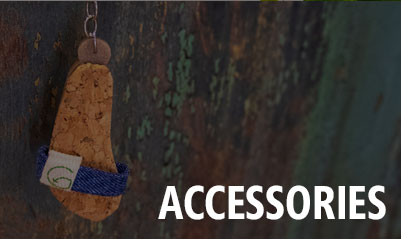Boots are once again the most popular footwear choice for the upcoming fall season. If your current pair is showing signs of wear, it’s time to shop around for a new pair. There’s also the possibility that you’re just admiring the variety of patterns on display.
Either way, you should think about the materials used to construct the boots you’re considering purchasing before pulling out your credit card. Leather is a good example of this.
1. No Wearing of Animal Skins
To begin, we’ll go with the most apparent option. Vegan leather is created without the use of any animal skins at all. There will be no pigs, cows, alligators, ostriches, goats or lambs, or even domesticated pets, in any of our goods.
In addition to being more environmentally friendly and long-lasting, this is a cruelty-free product as well.
2. Less Consumption of Energy
Of course, animal skin doesn’t appear like the kind of material that goes into making a new pair of gleaming, elegant boots. Instead, it must go through a lengthy, labor-intensive process before it can be turned into the leather you know and love.
You may help improve the retail industry’s energy efficiency and lessen its dependency on fossil fuels by adopting vegan alternatives.
3. Reduced Use of Chemicals
In addition to energy, chemicals and preservatives are needed to transform raw animal products into finished leather. But these aren’t the only things on the list:
- Formaldehyde
- Oil and dyes
- Salts of the Earth
- Products derived from coal or tar
- Finishes made from synthetic materials
Vegan choices do not need the use of these potentially dangerous compounds since they are more natural.
4. Cleaner Wastewater
Traditional leather production facilities produce effluent that includes chemicals utilized on-site, as you would expect. Even though this water is supposed to be treated before it is released back into the environment, it is not always the case that it is.
The presence of sulfides, acids, and other contaminants in the water may endanger the ecosystems in the area. Because vegan materials and processes are used, this danger is removed. For the sake of cleanliness and hygienic conditions, this helps.
5. Cleaner Soil
These communities will be affected when toxic wastewater is allowed to flow unchecked into them.
While this may seem like a never-ending cycle, if veganism is adopted, it may be minimized or even abolished.
6. Materials That Decompose Easily
In addition to being biodegradable, reusable, and very adaptable, cork is also a vegan and biodegradable option. From belts to sustainable shoes, cork leather can now be found in a wide range of garment items.
7. Encourages Eco-Friendly Brands to Sell
Interested in contributing to the growing eco-friendly fashion industry? With your purchase of vegan leather shoes, you’re making a statement and beginning a vital dialogue.
Additionally, you’re supporting businesses that adhere to production practices that are ethical, long-term, and kind to the environment.
8. Non-Poisoned
Did you know that leather tanning is one of the most polluting processes in the world? In nations with inadequate resources for appropriate solid or liquid waste disposal, this practice, which affects 1.8 million people, is routinely implemented.
Although wastewater and solid waste have already been discussed as problems, tanning also increases levels of other contaminants in the environment.
Conclusion
When it comes to animal-free leather, upcycled shoes are what you’re looking for! It may be made synthetically or naturally.
Since PVC and PU are used to make synthetic leather, it is cruelty-free but not environmentally friendly. Pineapple, mushroom, and cork-based vegan leathers are becoming more popular in the fashion sector.




